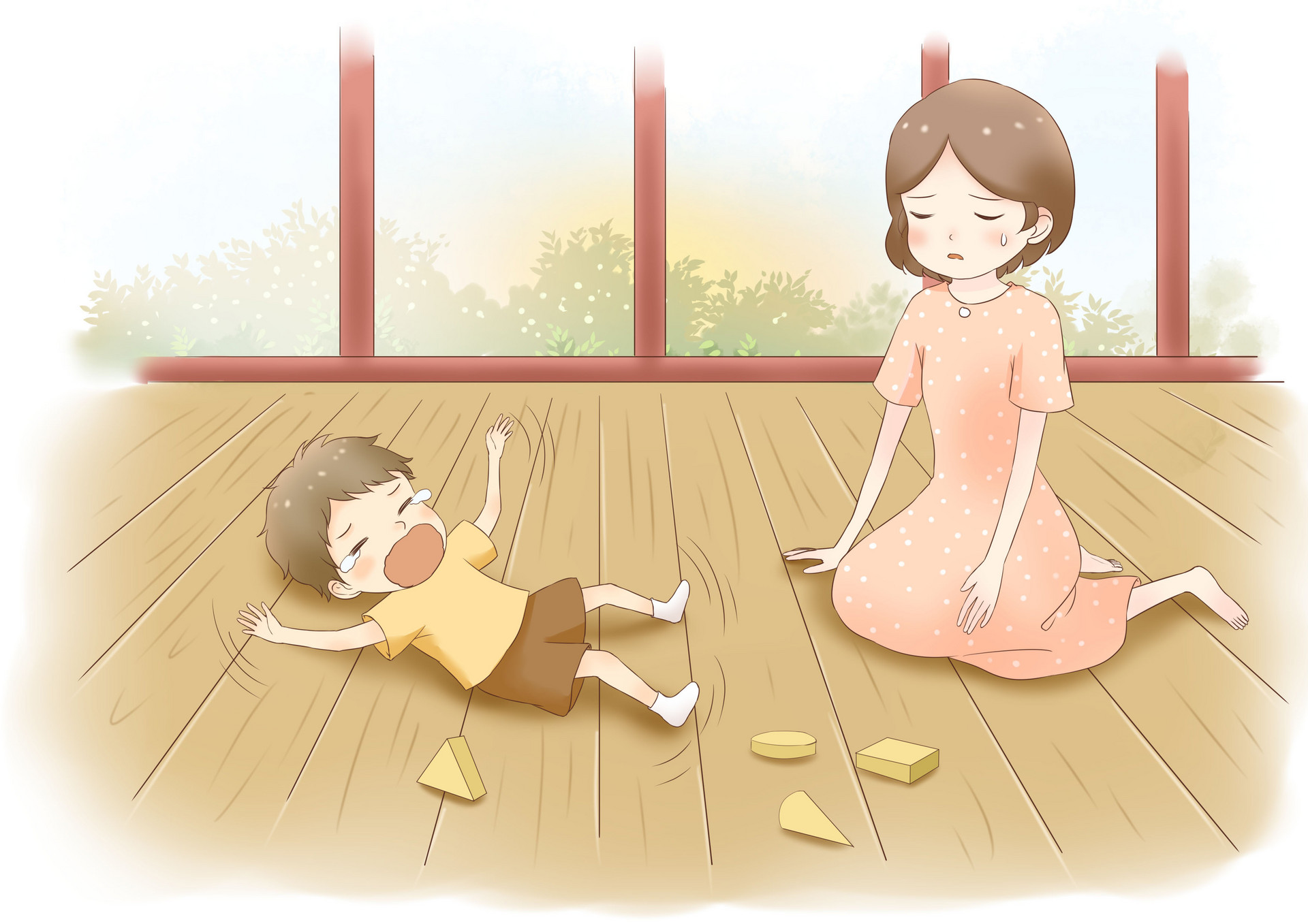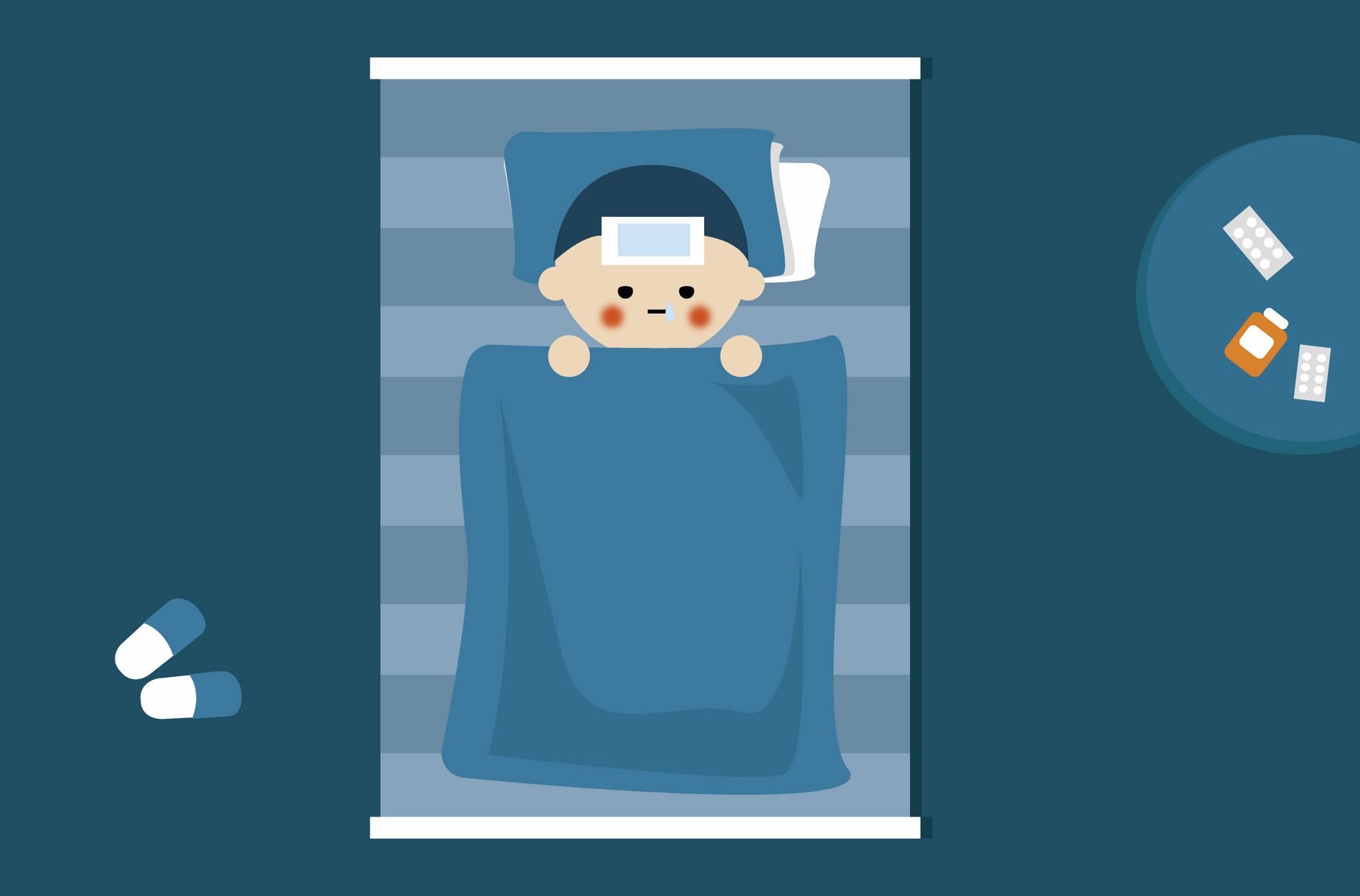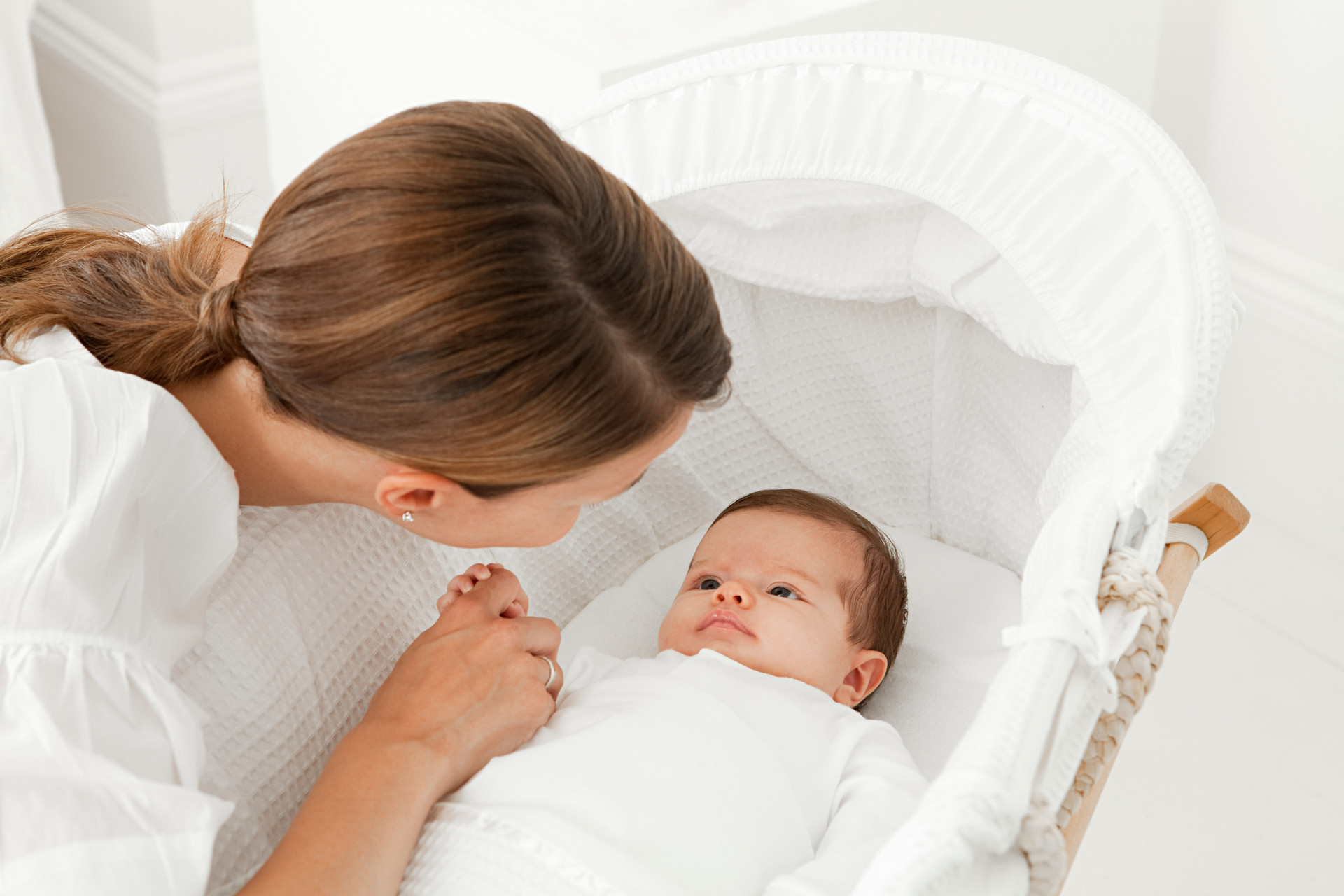Summer is prone to rain, and the weather is relatively humid. For infants and young children, it is the season most susceptible to hand, foot, and mouth disease. During this time, due to the humid weather, bacteria are more likely to breed. As infants and young children have lower immunity, if ventilation and air circulation are not maintained regularly to provide a comfortable living environment, hand, foot, and mouth disease may be triggered. So, how can we protect our children from hand, foot, and mouth disease in our daily lives?

1. Regular Ventilation and Disinfection
Summer is already humid, making children more prone to hand, foot, and mouth disease. Once parents find that their children have contracted hand, foot, and mouth disease, they must seek medical attention in a timely manner to avoid delaying treatment. It is also important to minimize contact with the outside world and avoid taking children to public places. Items used by children should be disinfected promptly to prevent transmission. They can be soaked in disinfectant solution or exposed to sunlight if they cannot be soaked for disinfection. Regularly opening windows in the child's room is necessary to maintain fresh and circulating air and a suitable temperature. Minimize traffic in the child's room, prohibit smoking, prevent air pollution, and avoid secondary infections.
2. Maintain a Healthy Diet
When children are sick, they are prone to dehydration and need a proper intake of fluids and nutrients. Drinking warm water is recommended, and it is best for the child to rest in bed for about a week. Due to discomfort caused by fever, mouth ulcers, and other symptoms, children may have a poor appetite and be unwilling to eat. Parents can provide them with light and easily digestible warm foods or liquid diets. Avoid eating cold, spicy, and overly salty foods, as they can aggravate mouth ulcers and prolong the child's recovery time.

3. Pay Attention to Oral Hygiene
Due to the pain in the mouth, children may refuse to eat, drool, cry, and have trouble sleeping. In this case, parents should comfort them patiently and rinse their mouths with saline before and after meals to keep their mouths clean. For children who cannot rinse, a cotton swab dipped in saline can be used to gently wipe their mouths. Vitamin B powder or cod liver oil can also be directly applied to the affected area of the mouth to relieve pain and promote early healing.
4. Protect Skin Cleanliness
Children's clothes and bedding should be kept clean and changed regularly. They should wear comfortable and soft clothing. Trim their nails to prevent scratching the blisters on their bodies. If necessary, wrap their hands. Children can be bathed every few days in summer to prevent sweat infection on the skin. However, it is important to avoid scratching the blisters to prevent infection.
Pediatric hand, foot, and mouth disease usually manifest as low-grade or moderate fever. Parents can encourage their children to drink more water, which can help eliminate toxins from the body and lower their body temperature. In addition, physical cooling methods such as taking a warm water bath can be used. However, if there are severe symptoms, seek medical treatment immediately to prevent the condition from worsening.












